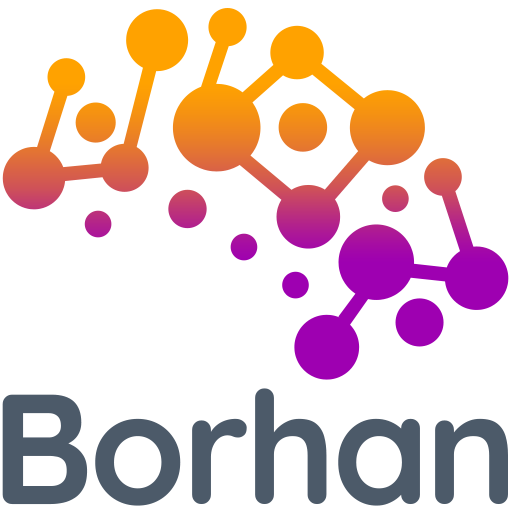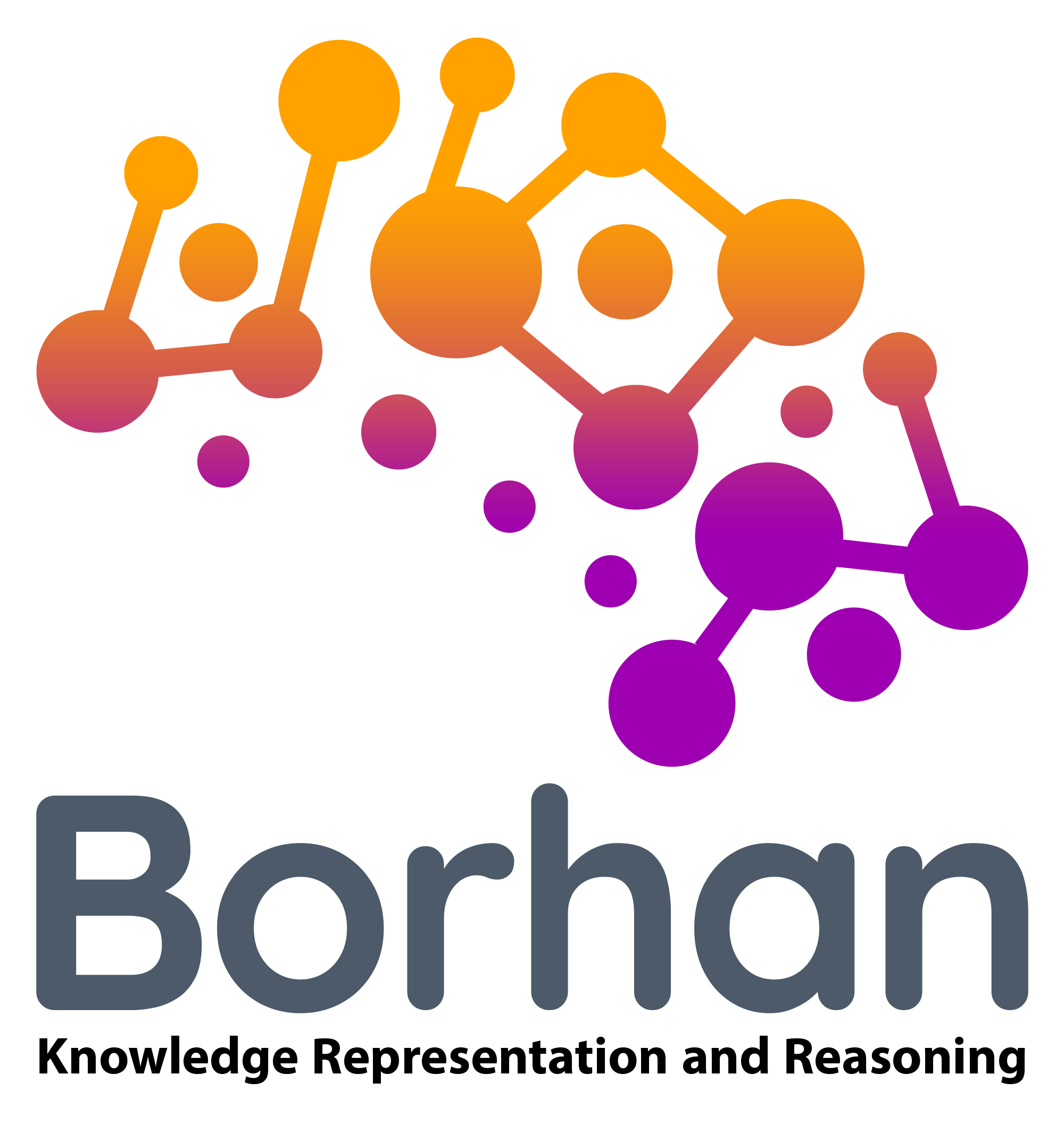Description Logic
Description logics (DL) are a family of formal knowledge representation languages. Many DLs are more expressive than propositional logic but less expressive than first-order logic. Description logics are often named as one of the tools that can support the Semantic Web and thus help to make this vision reality.
There are general, spatial, temporal, spatiotemporal, and fuzzy description logics, and each description logic features a different balance between expressive power and reasoning complexity by supporting different sets of mathematical constructors.
In Borhan, we have the Description Logics Course that we describe what they are and what they can do for the Semantic Web. Description logics are very useful for defining, integrating, and maintaining ontologies, which provide the Semantic Web with a common understanding of the basic semantic concepts used to annotate Web pages.
For more info and to attend the course mail us. (courses@borhan-onto.ir)
Here is an overview of the course content:
+ What is Logic?
+ Types of Reasoning
+ Logic’s branches
+ Deductive Logics
+ Inductive Logics
+ Logic in action: An applied approach to deductive logics
+ Classical Logic
+ Propositional Logic (PL)
+ Language
+ Semantics (Truth-Table Algorithm)
+ Syntax
+ Axiomatic systems
+ Tableaux Method
+ Resolution Method
+ Meta-Logic
+ Soundness and Completeness
+ Decidability
+ Implementation
+ Complexity
+ First Order Logic (FOL)
+ Language
+ Semantics (Truth-Table Algorithm)
+ Syntax
+ Axiomatic systems
+ Tableaux Method
+ Resolution Method
+ Meta-Logic
+ Soundness and Completeness
+ Decidability
+ Implementation
+ Complexity
+ Description Logics (DLs)
+ A short history
+ Decidable Fragments of FOL
+ Description Logic Family
+ ABox, TBox and RBox
+ DL Concept and Role Constructors
+ Language
+ Semantics
+ Syntax
+ Tableaux Method
+ AL and its extensions
+ EL and its extensions
+ Resolution Method
+ Meta-Logic
+ Soundness and Completeness
+ Decidability
+ Implementation
+ DL Knowledge Bases (Ontologies)
+ OWL as DL: Class Constructors
+ XML Schema Datatypes in OWL
+ RDF & RDFs
+ RDFS Syntax
+ Axioms
+ OWL DL Semantics
+ Multiple Models -v- Single Model
+ Querying KBs: the tableau algorithm
+ Complexity
+ Scalability





Tavi Truman | Aug 18, 2022 at 3:33 pm
Very cool. Looks like fun – necessary logics and reasoning skills to Ontologist and for those developing Ontology-First software development tool chains.